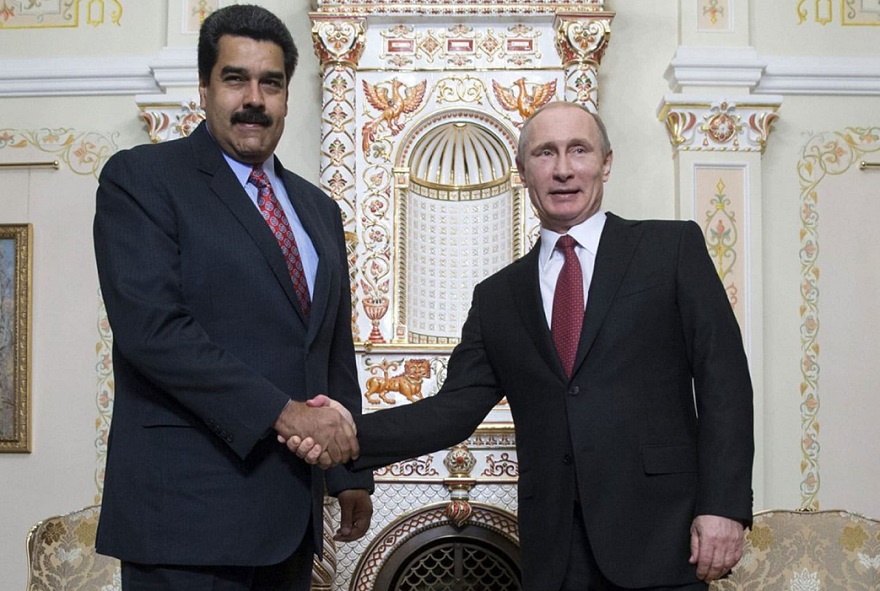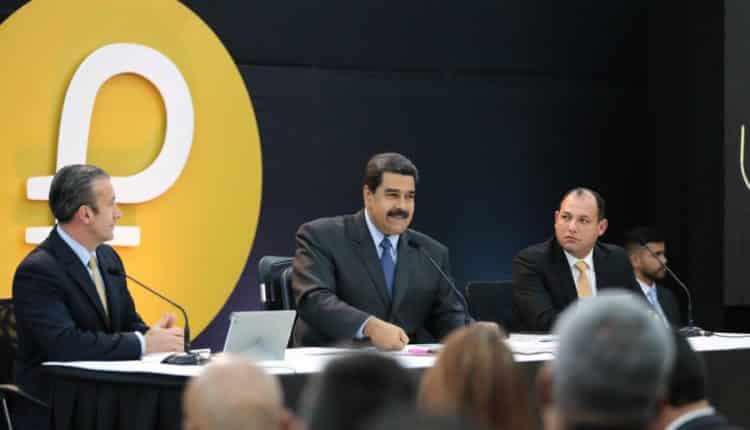on the crypto
Il Venezuela continues to be affected quite clearly for theembargo imposed by the United States against it. A difficulty which forces the government of Caracas to seriously consider all possible options in order to try to limit its effects on the economy. With this in mind, the cryptocurrency continue to have a strong attraction for Maduro, as can easily be deduced from the latest statements made by the Venezuelan president.
Digital assets to pay debts
During a recent press conference, Nicholas Maduro stated his intention to propose payments in virtual currencies to creditors. A statement that many have linked to the news that came out a few hours earlier and on the basis of which the country's central bank would start raking in Bitcoin and Ether, also asking that digital assets be counted within the international reserves held, so as to mitigate a fairly critical situation. A move due to a specific request by the state oil body, precisely to bypass the difficulties placed by the US embargo, which would prevent the collection of the credits claimed for the sale of Venezuelan oil.
Il Petro will be excluded from payments
However, it should be specified that the cryptocurrency of the state will not be included in the planned renegotiation of the public debt Petro. Indeed, it seems that Russia and China, the countries most interested in this round of negotiations, have politely refused to accept it as a payment, obviously not having confidence in its potential. In particular, Moscow had already refused Petro as payment for some past debts at the beginning of the year, clearly preferring to practice other avenues. However, Maduro said he had found some availability in the counterparts and that he intends to make the results of the negotiations public.
What will be the response of Russia and China?
It remains to be seen what the response of Russia and China will be to Maduro's possible offers in this regard. The Venezuelan president is about to travel to Moscow to meet Vladimir Putin in the framework of a Recovery, Growth and Economic Prosperity Program aimed at reducing the effects of sanctions and the economic embargo imposed by the United States government. Venezuela and Russia have several cooperation agreements on defense, infrastructure and energy and, above all, the government of Caracas has decided to transfer the European headquarters of the state oil company Petróleos de Venezuela (Pdvsa) from Lisbon to Moscow. A move that responds to the logic of replacing the historic commercial relationship which binds Venezuela to the United States with an increasingly close partnership with Russia. The Venezuelan oil minister explicitly declared his intent, Manuel Quevedo. Precisely for this reason many people believe that the Russian government will not have excessive problems in adhering to the proposed payment in BTC and Ether of the Venezuelan debts. China's position is less secure, but it is already pursuing cooperation programs with many African countries to create a commercial system capable of attracting partners in all parts of the globe.



